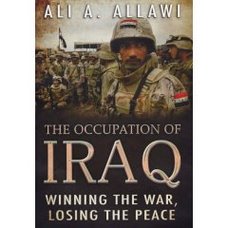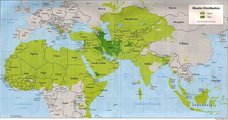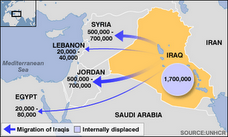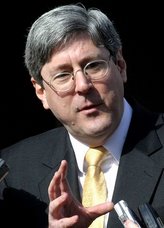Iraq may prove to have one of the largest petroleum resource bases in the world, with potential oil reserves in excess of 215bn barrels and proven reserves in the region of 115bn barrels, which puts it on par with Saudi Arabia. Moreover, its exploration and development costs are amongst the lowest in the Middle East....
The law is investment friendly. It encourages private enterprise and welcomes international oil companies (IOCs) to work in partnership with the Iraq National Oil Company (INOC). The IOCs have a recognized role to play in the transfer of up-to-date state-of-the-art technology, the technical and managerial training of Iraqis, and in providing investment capital.
The third draft also stipulates that oil and gas exploration and development programs need to be distributed geographically. However, while social justice may require this, nature unfortunately does not, as oil and gas are not equally distributed in all the provinces. The checks and balances in the third draft are now insufficient to cope with Iraq’s internal political complications, leaving the jurisdiction of the authorities and the processes for granting rights open to political manipulation....
.... Further, and critically for the future of Iraq’s oil and gas industry, the draft would shift balance of power in the management of Iraq’s oil and gas resource alarmingly from the center to the regions. .... The critical items that have been removed in the third draft are fundamental to professionalism, transparency and accountability. The principles are still there, but the mechanisms for enforcing them in Iraq’s current turbulent situation have been removed or circumvented.
Iraqi Oil Law Gives Cover for Corporate Profit
By Emad Mekay, IPS News. http://www.alternet.org/waroniraq/48605/
The U.S.-backed Iraqi cabinet approved a new oil law Monday that is set to give foreign companies the long-term contracts and safe legal framework they have been waiting for, but which has rattled labour unions and international campaigners who say oil production should remain in the hands of Iraqis. For example, it specifies that up to two-thirds of Iraq's known reserves would be developed by multinationals, under contracts lasting for 15 to 20 years.
This policy would represent a u-turn for Iraq's oil industry, which has been in the public sector for more than three decades, and would break from normal practice in the Middle East.
According to local labour leaders, transferring ownership to the foreign companies would give a further pretext to continue the U.S. occupation on the grounds that those companies will need protection.
Union leaders have complained that they, along with other civil society groups, were left out of the drafting process despite U.S. claims it has created a functioning democracy in Iraq.
Under the production-sharing agreements provided for in the draft law, companies will not come under the jurisdiction of Iraqi courts in the event of a dispute, nor to the general auditor.
The ownership of the oil reserves under this draft law will remain with the state in form, but not in substance, critics say.





No comments:
Post a Comment